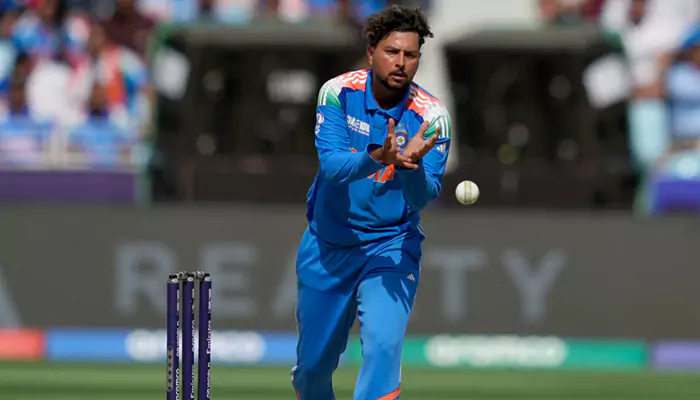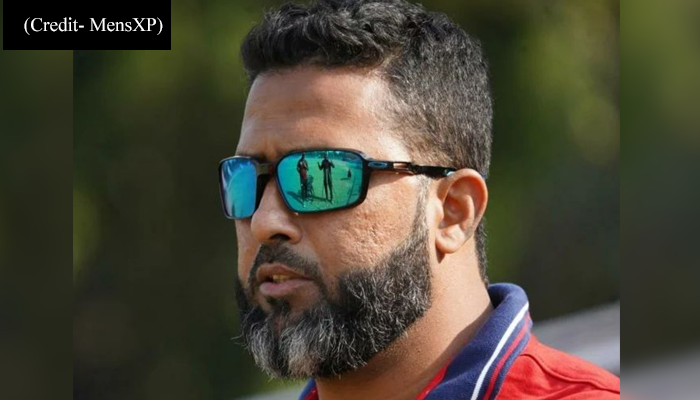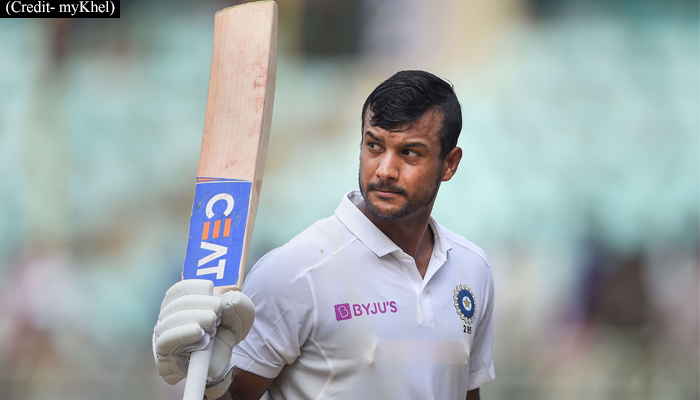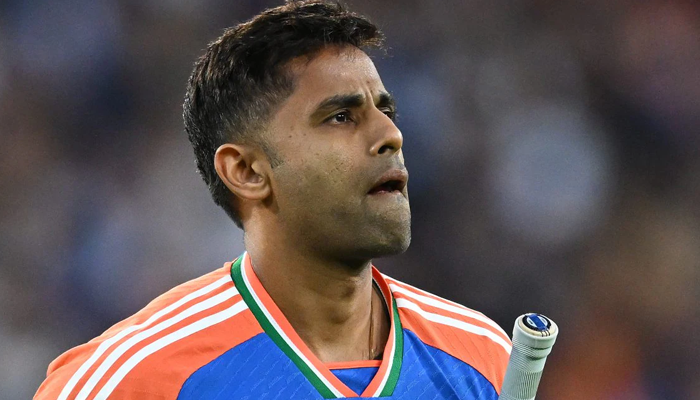Youth sports: Benefits, challenges, and the importance of proper coaching
- Rinks
- 1 year ago
- 4 minutes read

Explore the benefits and importance of proper coaching in youth sports to ensure a positive experience for young athletes.
Youth sports are an essential part of growing up for many children, offering a wealth of benefits that go beyond physical fitness. Whether it’s soccer, basketball, swimming, or any other sport, participating in organised athletics helps young people develop crucial life skills, build friendships, and gain confidence. However, alongside these benefits come challenges, such as the pressure to perform, the risk of injury, and the need for proper coaching. Let us explore the benefits of youth sports, the challenges faced by young athletes, and the vital role that proper coaching plays in ensuring a positive experience. Read on!
The benefits of youth sports
Engaging in sports at a young age provides numerous advantages that contribute to a child’s overall development. These benefits extend beyond just the physical, influencing emotional, social, and mental well-being.
Emotional and mental well-being
Participating in sports can have a positive impact on a child’s mental health. The sense of accomplishment that comes from improving skills or winning a game boosts self-esteem and confidence. Additionally, the structured environment of sports can help children learn how to manage their emotions, cope with failure, and develop resilience.
Social skills and teamwork
Youth sports are a powerful tool for teaching social skills and the importance of teamwork. Playing on a team requires communication, cooperation, and the ability to work towards a common goal. Children learn to respect others, follow rules, and handle both winning and losing with grace. These social skills are valuable in all areas of life and contribute to building lasting friendships.
Challenges in youth sports
Despite the many benefits, youth sports also present challenges that can impact a young athlete’s experience. Understanding these challenges is crucial for parents, coaches, and children alike.
Risk of injury
Physical injuries are a common concern in youth sports. Sprains, strains, fractures, and concussions can occur, especially in high-contact sports. While injuries are sometimes unavoidable, proper training, warm-ups, and protective gear can reduce the risk. It’s essential for coaches and parents to prioritise safety and ensure that children are not pushed to play through pain.
Time and commitment
Youth sports require a significant time commitment, which can sometimes conflict with academic responsibilities, family time, and other activities. Striking a balance between sports and other aspects of life is crucial to prevent burnout and ensure that the child enjoys a well-rounded upbringing.
The importance of proper coaching
Coaching plays a pivotal role in shaping a child’s experience in youth sports. A good coach not only teaches the technical skills of the sport but also mentors young athletes, instilling values such as discipline, respect, and perseverance.
Encouraging positive attitudes
A coach’s attitude and approach can significantly influence a child’s perception of sports. Coaches who emphasise effort, improvement, and enjoyment over winning foster a positive environment where children feel motivated and supported. This approach helps build confidence and a love for the sport that can last a lifetime.
Skill development and safety
Proper coaching is essential for teaching the correct techniques and skills needed for the sport. This not only enhances performance but also reduces the risk of injury. Coaches should be knowledgeable about the sport’s best practices and continuously update their training methods to ensure they are providing the best guidance possible.
Role modelling and mentorship
Coaches often serve as role models for young athletes. Their behaviour, attitude, and interactions with players set the tone for how children will approach the sport and their relationships with teammates. A good coach demonstrates sportsmanship, fairness, and integrity, helping children develop these traits themselves.
Youth sports offer a wealth of benefits that extend far beyond physical fitness, helping children develop important life skills. Central to this is the role of proper coaching, which is crucial in fostering a supportive and encouraging environment. By emphasising skill development, safety, and positive attitudes, coaches can help young athletes enjoy the many rewards that sports have to offer while preparing them for success both on and off the field.











